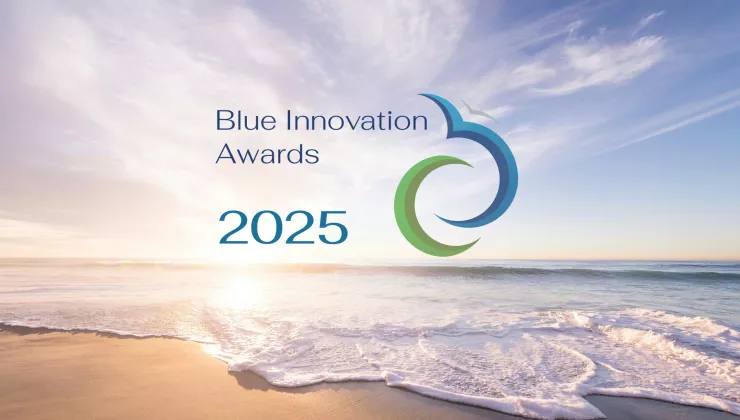Overcoming Legal Barriers to Sustainable Sand Use in Coastal Defense
A comprehensive analysis has shown significant differences in legislation with regard to sand use. This underscores the need for harmonised guidelines that would allow sand resources to be managed sustainably across borders.
Key Findings
- Inconsistent Regulations: Environmental laws governing sand use vary widely, especially between offshore and onshore activities. Offshore sand disposal is controlled by OSPAR regulations, while onshore extraction falls under national rules such as Belgium’s VLAREM legislation. This discrepancy complicates cross-border projects and creates obstacles to sustainable coastal protection.
- Harmonising for Efficiency: Divergent legislative requirements limit the large-scale implementation of nature-based solutions. Harmonised guidelines across EU regions would allow for smoother cross-border operations, ensuring that nature-based solutions like sand dunes are an accessible, unified approach for coastal protection.
- Path Forward: Researchers advocate for a centralised EU body that would set standards for sand use and ensure environmental consistency across nations. This would facilitate operations, reduce regulatory bottlenecks, and provide a foundation for environmental protection that transcends borders.

Approach
By aligning regulatory frameworks and fostering cooperative guidelines, we can create a cohesive approach to sand resource management. A unified legislative framework would empower coastal protection efforts, allowing projects to move forward with the confidence of both environmental and legal support.
Close collaboration between researchers, governments and companies is essential to make nature-based solutions a realistic, effective option for resilient coastlines. These solutions will benefit communities, ecosystems, and future generations alike.
About SUSANA
Blue Cluster is involved in various projects that focus on sustainable sand use. One of these projects is the SUSANA project (Sustainable use of sand in nature-based solutions). The partners in this project strive for nature-based solutions to protect our coastlines and aim to develop a model which enables us to weigh the pros and cons of such solutions.
This project is an initiative of University of Antwerp, Ghent University, Catholic University of Leuven, the Flanders Research Institute for Agriculture, Fisheries and Food (ILVO) and the Royal Belgian Institute for Natural Sciences (RBINS).


